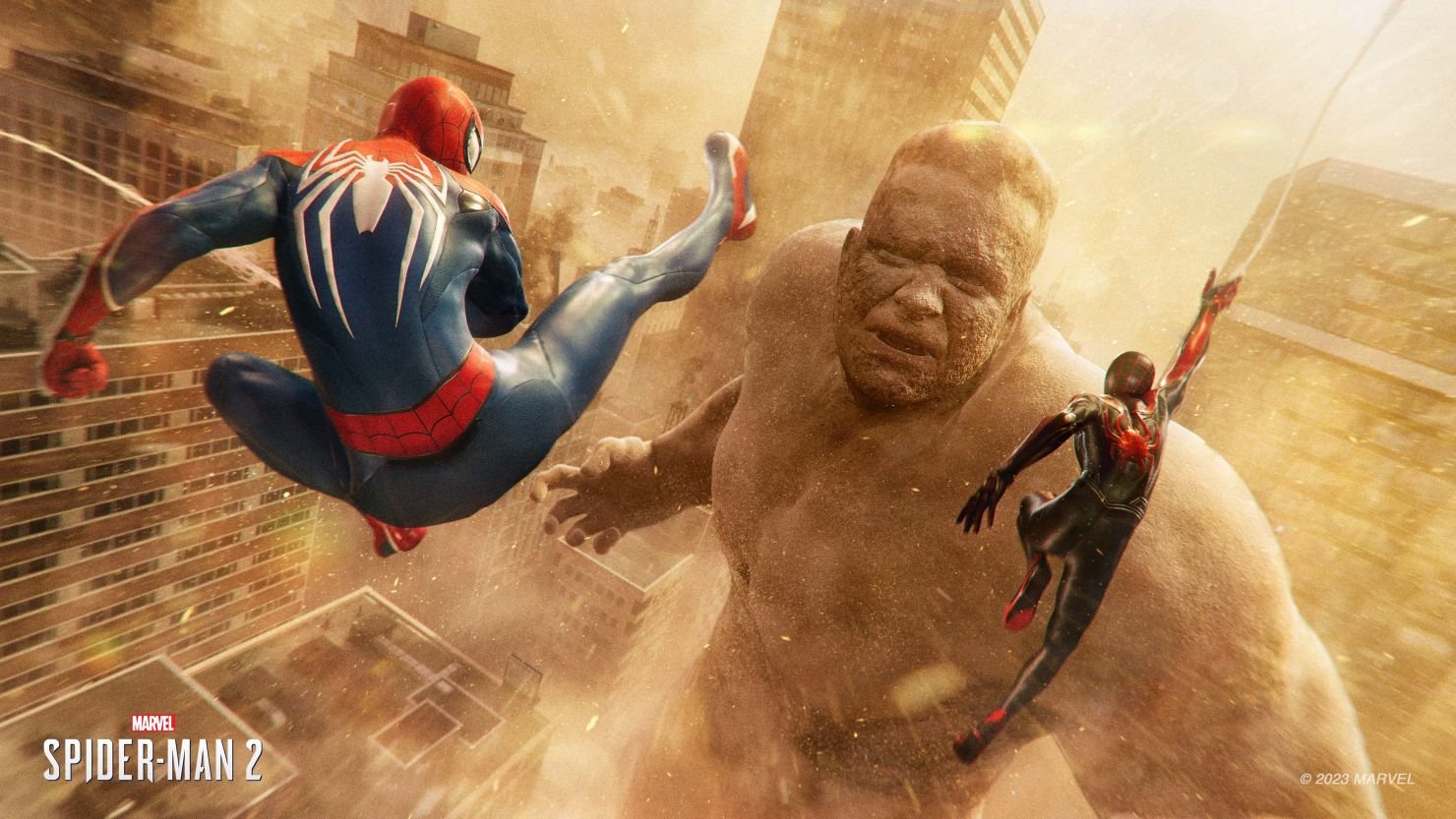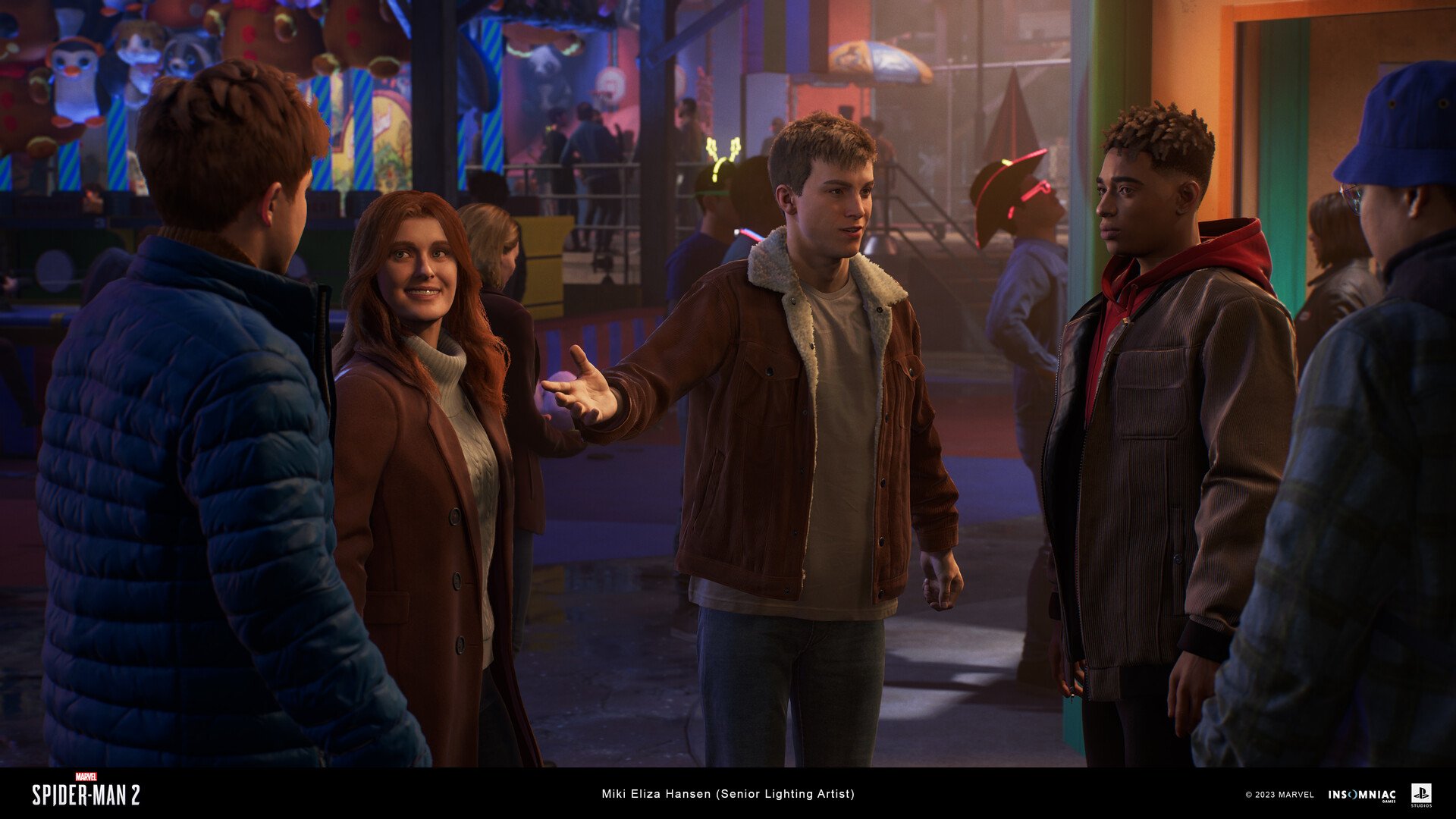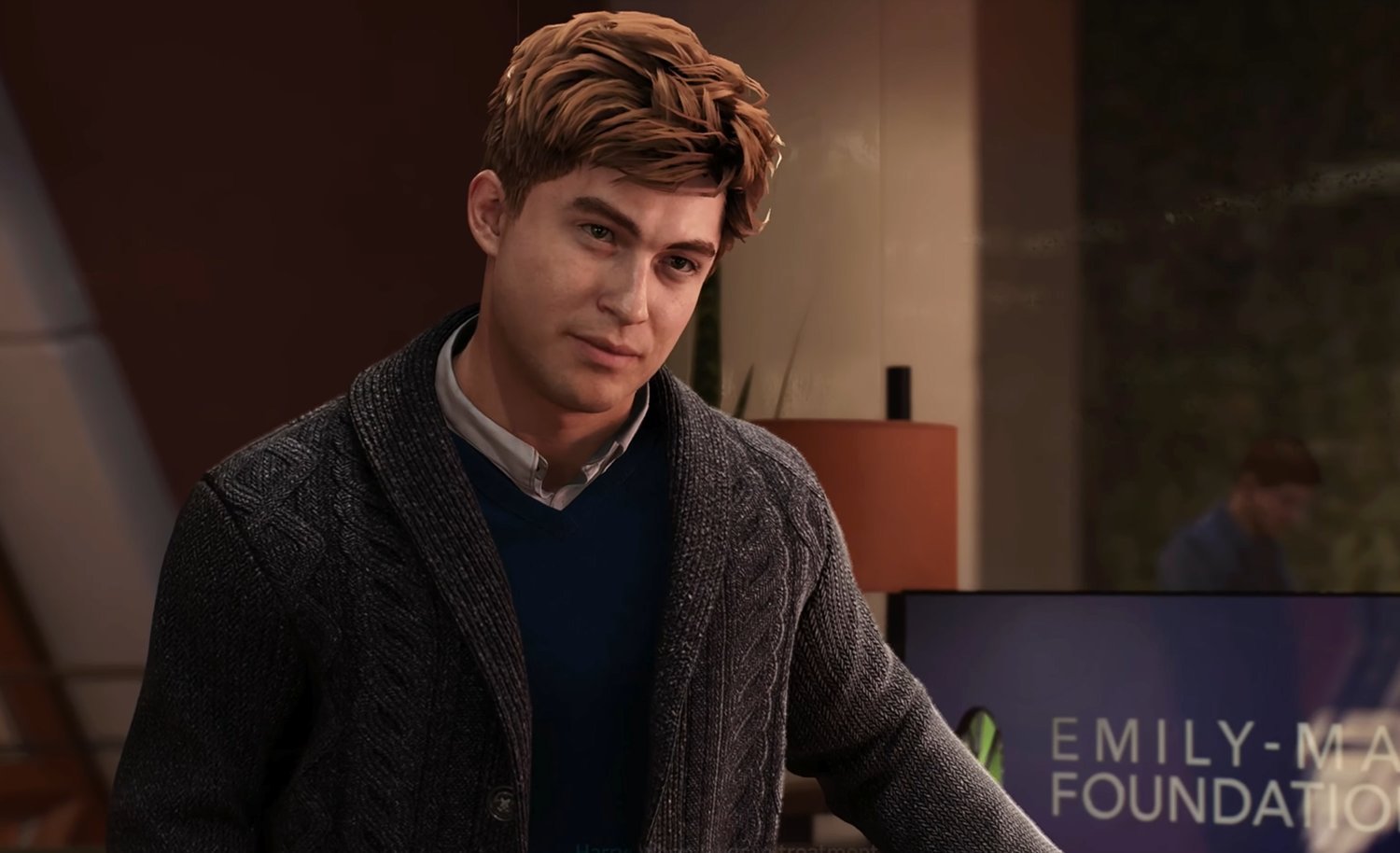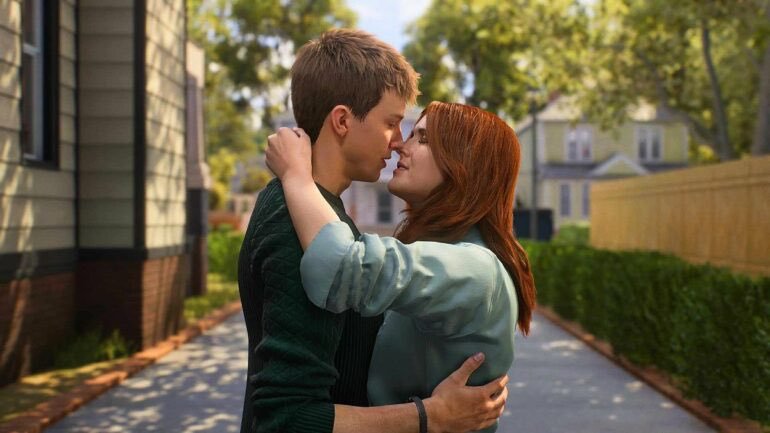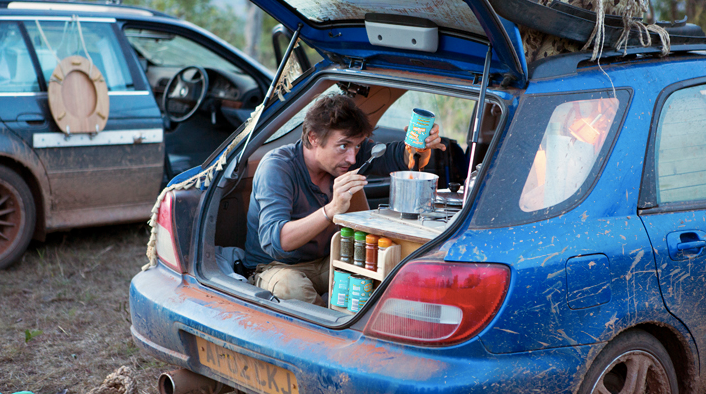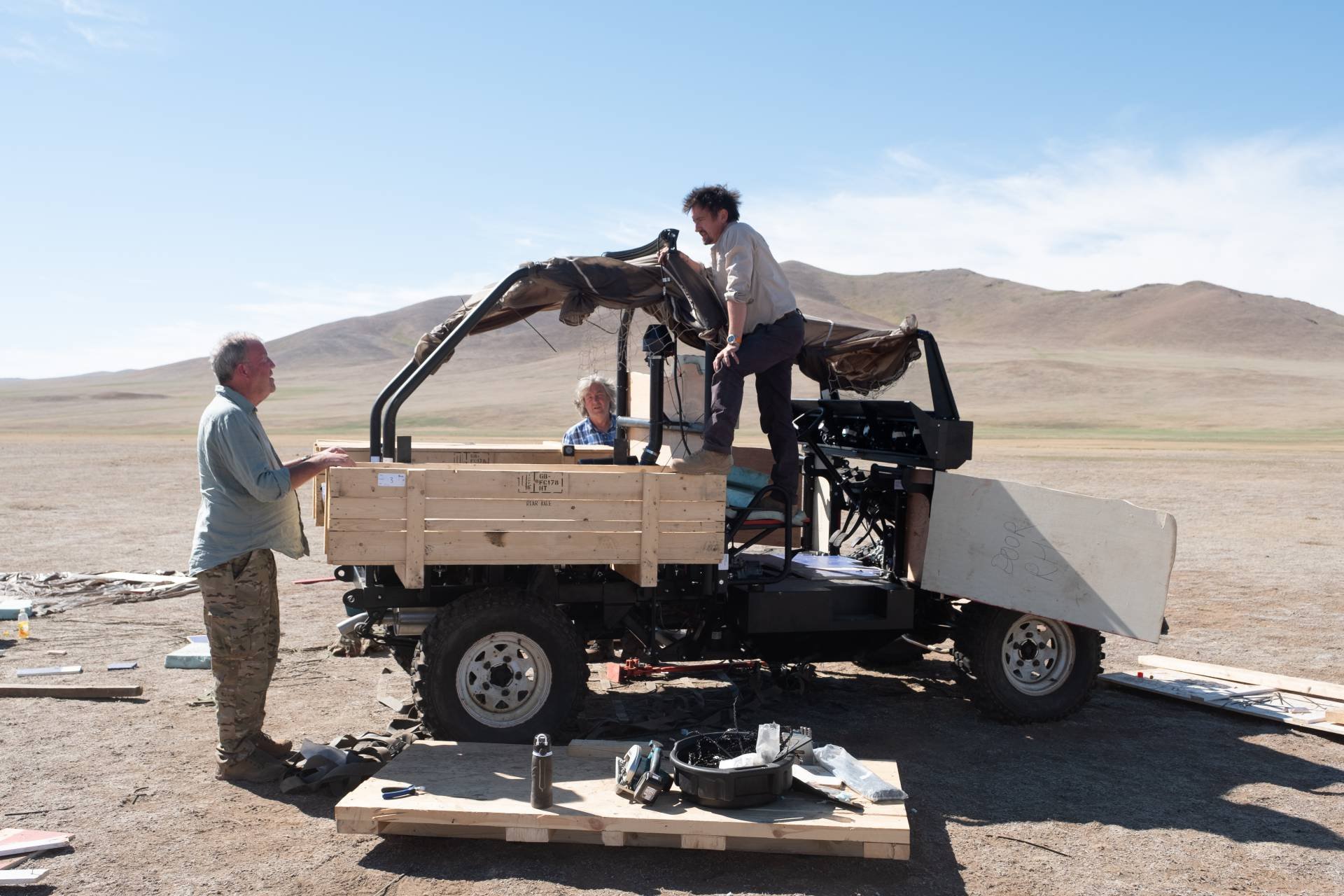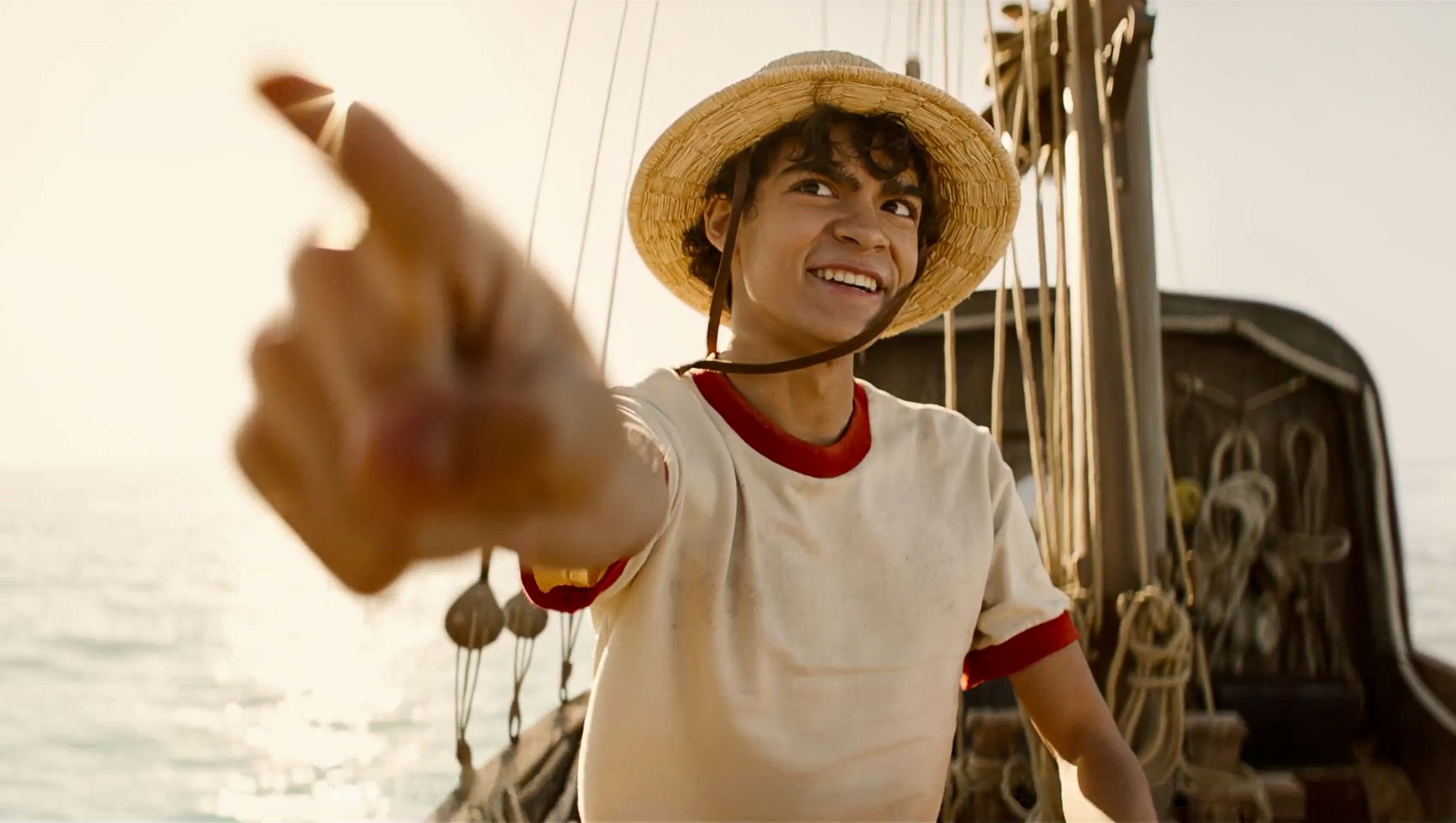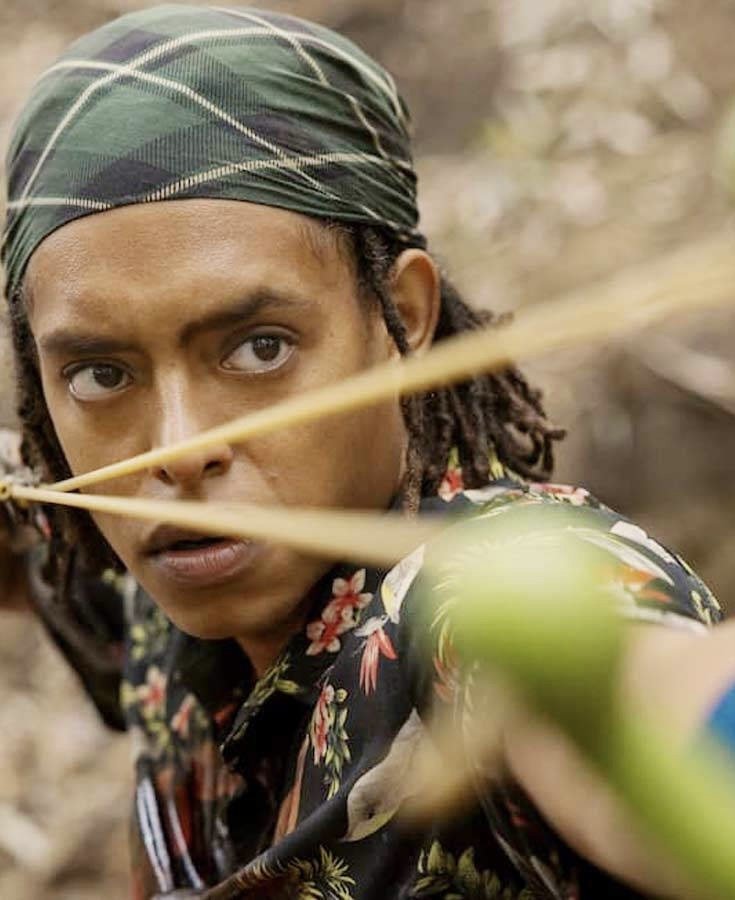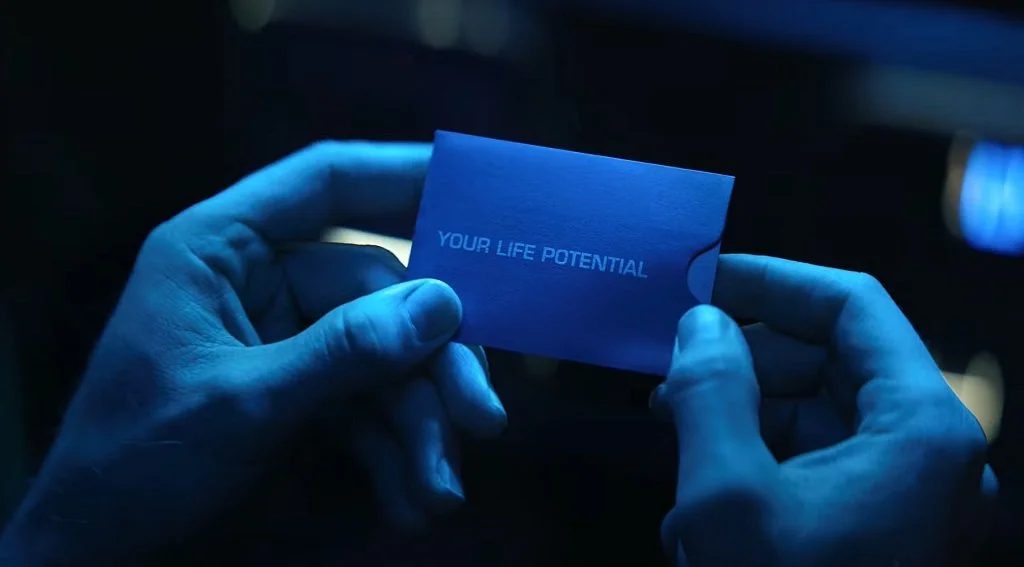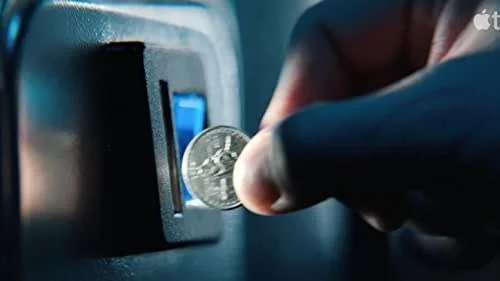Sure, it’s got superheroes and a whole guy made of sand, but it’s humanity that’s at the core of Spider-Man 2
I normally don’t do “of the year” posts. I’m not a professional reviewer; everything I review is something I watch or play in my free time and I have my own limitations and personal likes and dislikes. When I do make lists, I always try make sure I couch it as simply my opinion and not try to present it as a definitive list. I don’t say “best”, I say favorite. My top five Christmas movies, not the five best Christmas movies, you know what I mean? When it comes to video games, not only is the initial investment higher than waiting for it to come to a streaming service, the time it takes to experience a game meaningfully is much higher than a movie or TV series. Sure, Rebel Moon may feel like it’s 70 hours long because of how rote and by the numbers it is, but it’s not actually. Even at my busiest, I can manage to get through a movie in at most two or three sittings (except for The Meg 2, somehow they managed to squeeze all the fun out of the first movie and make it borderline unbearable to watch). So when I talk about my Game of the Year, it’s just that. My game. Two or three games have really been at the forefront of GOTY discussions and of those, I’ve only played one for a short time and the other two I haven’t played at all. So, suffice it to say, I don’t have a complete knowledge of every game that came out this year. But one game did make an impression on me that was surprising, lasting, and deeply affecting.
Of course Baldur’s Gate 3 has dominated the Game of the Year conversation, along with Tears of the Kingdom, the Legend of Zelda: Breath of the Wild sequel, and to a lesser extent, Alan Wake 2. And with good reason. I personally haven’t given Tears of the Kingdom a go yet; I didn’t really enjoy Breath of the Wild for a few reasons, despite the fact that every time I booted it up, I did spend a good twenty minutes just in awe of how beautiful the world was and how amazing it looked and felt to move around that giant space (really kind of mind-blowing when you consider that was a launch title and Pokemon Scarlet and Violet launched 5 years later and doesn’t look or perform half as well). But, it seems that TOTK took BOTW and improved on it and was a very rich and rewarding gaming experience for those who do enjoy Zelda games. I’ll eventually get around to it, even if I have to use guides to get through. I’m determined to eventually get firsthand knowledge of why Zelda is such a beloved franchise—I was a Sega kid, after the original NES, I went to Genesis and never really played many Nintendo titles, save for Pokemon and a few random Game Boy/DS titles. BOTW was my first Zelda. I’ve also never come close to an Alan Wake title, but boy does it sound interesting.
Now, Baldur’s Gate 3 is a masterpiece. A perfect 10 out of 10 on IGN. 96 Metascore. On the podcast The Besties, Griffin McElroy described it at “miraculous” on numerous occasions, at least three times over multiple episodes. So it’s only fitting that it’s one of the most talked about games in the GOTY conversation and that it indeed won The Game Awards’ Game of the Year. But it’s not my game of the year.
There’s nothing I have bad to say about Baldur’s Gate 3. It’s amazing. I don’t have that much play time in it, but what I have done so far has been exhilarating, satisfying, and rewarding. I’ve played in a few stalled Dungeons and Dragons campaign, loved the movie (boy did that come out of nowhere, I never thought a D&D movie could be so fun or well done), and generally enjoy being able to do roguish things in video games, so it’s generally a good fit. I love that there are completely and meaningfully different ways for you to approach just about every problem in BG3. A lot of games give you the illusion of choice, a dialogue tree that eventually gets you to largely the same conclusion regardless of your choices, but BG3 doesn’t feel like that. Your choices feel like they have real consequences and consequences that are unique to your playthrough; including ones that are unforeseen. I can’t take anything away from Baldur’s Gate 3, but for me, it had some of the same problems that BOTW has. Part of it is just that the scale is so massive, it’s intimidating. That’s probably the biggest one. Trying to jump into BG3 felt like swimming the English Channel while I’m still getting used to wearing my floaties. Even the opening sequence is almost impossibly large in scale. Perhaps it’s my own failing, but in the face of BG3’s expansive narrative, deep lore, and massive map, I felt immediately lost and quite small. Launching the app became a daunting task, an Everest to climb before getting out of bed. It is a game that demands—and deserves—your full attention and dedication and at this time, giving it that just didn’t seem on the cards. I will, no doubt, revisit BG3, and soon. Though I may only have about 5 to 10 hours in the game, I want to play more. I feel the drive to get in and master my character, learn more about the game, and immerse myself in the world.
But there’s one game from 2023 that made me feel all those things as well; one game that had me spending idle moments waiting for the slivers of free time to jump in and get going, one game that had me coming back everyday because of how amazing the gameplay experience is. And that game is Spider-Man 2.
Now, there’s no way I can sell you on Spider-Man 2 being the technical marvel that BG3 and TOTK are. I know that. But there’s still a lot to love here and for many reasons. As a narrative action open world RPG, Spider-Man 2 doesn’t skimp on any aspect of the experience. The combat system here is refined, changed only slightly from the previous games, and while I did miss some of the old features that made crowd control easier and gave you a feeling of invincibility at times (my kingdom for a Web Blossom every once in a while), I can’t fault the changes they made. Sure, there were times where the game felt more like Arkham, where Batman’s brutality was doled out in smaller doses before having to retreat to the darkness, leaving enemies frightened and nervous (especially those with guns). I did find myself having to strike quickly, lay a small beat down on some enemies, and then swing to relatively safety to catch my breath and evaluate my strategy for the rest of the fight. I did lament the loss of that feeling of invincibility, but as the narrative unfolded, I realized how important it was that the combat helped you remember that you’re Spider-Man, not Superman, and that things very well can come to an end for Peter or Miles. They’re not invincible, anything but. I came to appreciate that I felt more vulnerable in fights; after all, I think it’s Spider-Man’s humanity that makes him such an enduring and appealing hero. I’ve never really read any Spider-Man comics with regularity, I watched the cartoon in the 90s, but ranked it behind X-Men and far behind Batman: The Animated Series, I enjoyed the Tobey Maguire Spider-Man films (emo Peter’s dance number aside), but I skipped the Andrew Garfield movies and the MCU’s No Way Home left a very bitter taste in my mouth even though I like the first two movies (it felt a lot more like Jurassic World than Jurassic Park, if you know what I mean), but despite all that, I’ve always ranked Spider-Man as one of my favorite heroes.
But more on the narrative later, let’s get back to gameplay. Now, I’m usually one to say that I generally look for one of three things to do in a game—shoot bad guys in the face, be a Premier League club manager, or pet and/or battle with Pokemon. Failing all that, it better be a racing game. Spider-Man 2 offers almost none of that (there are some missions where you get to zap some bad guys in the face, they offered a fun departure from the regular combat loop), but I still found the combat in SM2 (as well as SM1 and SM: Miles Morales) to be incredibly satisfying, if not the most satisfying combat of any game I’ve ever played. It’s not just fun, it’s the right amount of challenging and the right level of difficult to engage you on both a reactive and strategic level. For a game like this to hold my attention at all is a minor miracle, but for me to wake up thinking about what I want to tackle in-game during my free time that day is a completely different feeling. I’m not a completionist by any means, and even in games that I’ve spent 80 to 100 hours in a single player campaign like Red Dead Redemption 2, getting to 100% is just something I’ve never cared about. But despite the fact that I’ve finished the story, I’m going to go back and get to 100%, just because the experience of being in the game is so much fun. Much like the previous games, traversal is an exercise of pure joy, as you zip, swing, and thwip your way across a simulacrum of New York. New for this game is the ability to glide using “Web Wings”. Personally, I found it largely a practical inclusion because of the distances you had to travel and the smaller buildings in some of the new areas of the map, like Brooklyn and Queens. And yet, after I spent a little time trying to master the new mechanic (and spent a few points upgrading my character), I found the flight to be almost as satisfying as the webslinging, though it still doesn’t hit the same way. I mean, lots of superheroes can fly, it’s almost a given in the superhero world, but only Spider-Man webslings. SM2 introduced a new way to fast travel, something I only tried once because I heard that it was something you had to try at least once (and it was cool). Getting around is just such a good time, I never found a good reason to want to get to my destination any faster than I already could. Traversal this good makes this game such an amazing experience. I remember in the early days of the pandemic, when quarantine was still new, I used to boot RDR2, just do go for a ride on my horse, go fishing, and play some poker at a saloon. Now, that’s a testament to just how much you could do in that game and how well it was all executed, but despite being a smaller scale of game, I did find myself playing just to have a quick swing around the city and stop a few crimes rather than always jumping into missions. That’s how enjoyable the game is. It took everything about the previous games and just made it better; and those were both fantastic experiences to begin with. So the gameplay is slightly different, but still somehow much improved.
The way the story unfolds is different as well. While in the previous games we get a taste of Miles’s origin story, these games have benefitted from largely avoiding the origin trap and giving us an established Spider-Man to pilot around the city. Now that both our Spider-Men have gone through their beginnings, you get to see levels of growth that you haven’t really seen in the movies, which seem to be rebooted every decade or so in a weird licensing tug-of-war hell. Peter is in a different phase of his life; still dealing with the fallout of the events of the first game, Peter carries the weight of loss on his shoulders. Miles has a different journey than Peter, one that sees change in his life as well. And despite the fact that in any other situation, I’m extremely tired of superpowered teenagers, Miles’s problems are palpable and relatable—surprisingly grounded for a guy who can swing around on webs and punch people with electricity.
Everything here is more mature and nuanced than the previous games, letting you slow down and take a breath and live in the story with the characters. This game’s New York feels very real and lived in and the fact that the main characters and their support have their own issues that they’re dealing with and working through makes it feel all the more real. There’s a real sense of grief, of loss, of coping, of rage and anger. All these characters, not just Peter and Miles, feel like real people. When you interact with them, it feels like they’re living their lives and you’re just jumping in for a small vignette, rather than feeling like NPCs are waiting patiently for you to interact with them.
Much has been said about the side missions of the previous games and how the ones in this game are better, and they are. But they’re not just better because they’re less repetitive, less annoying, and more rewarding, they’re better because they tell stories. Some of them echo the feelings of loss and regret that the protagonists are going through. Some touched me more deeply than others, more deeply than I thought video game stories still could. But by the third time I was wiping away tears from my eyes, I knew I was playing something special. The key word to this game’s narrative is empathy. The way the story shows empathy to not just the protagonists and the people that they care about, but to the random person on the street who simply needs help and to the game’s villains themselves puts empathy at the forefront of the game’s core set of values. As you work through the missions and more of the story is unveiled, you feel for the characters, even the so-called villains. The game makes it a point to humanize just about everyone you deal with, minus the scores and scores of nameless criminals you beat and web up with gleeful abandon. But hey, you can’t stop and smell the roses at every mugging, kidnapping, arson, or monster attack. I know that rightful praise has been heaped on Baldur’s Gate’s narrative and I’m sure it is every bit as deep and rewarding as Spider-Man 2’s or more so, but the way this feels so human and so easily understandable is remarkable. I couldn’t help but feel like a part of me was in almost every character. The anger of Miles, the grief of Peter, the fear of the New Yorker looking for her aging grandfather, the yearning of Harry to feel healthy and normal, the need for MJ to make a difference, the quest for peace of Howard the homing pigeon keeper; I saw a little bit of myself in each and every one of them. And yet, despite all this, despite the game making me face feelings I didn’t particularly want to face, despite the greater heft of the story, I found myself able to dip in and out and do some regular superhero stuff to re-center myself before going back to the story missions. The relatively seamless switching between Miles and Peter gives you a back door when the story leaves you needing a break emotionally. If things are getting too deep with Peter, swap to Miles for a bit and do some of his missions and vice-versa. There’s always an out so the weight of the story never becomes too taxing.
And here lies one of the biggest reasons Spider-Man 2 is the Game of the Year for me. Approachability. The size and scale and openness and consequence of games like Tears of the Kingdom and Baldur’s Gate 3 can be paralyzing at times. Permadeath adds a level of pressure to the gameplay that isn’t always welcome; I understand its inclusion in games and I’m not against it in general. Giving real consequences such as character death in the game raises the stakes, the intensity, and does leave the palms sweaty. It’s not like it’s a bad thing, but I’ve found that I’ve become the kind of guy who wants everyone to make it home at the end of the day. If put in the role of a leader of people, I want to get them all to the end of the game alive. I don’t know, call it a flaw, but I want to be a hero. I want to save people, including my own party of course. But yes, much like character death in films, sometimes it’s necessary and I completely understand that. However, it doesn’t lend itself to a super casual experience. And not everything needs to be a casual or relaxing experience; there’s room for all this in gaming (and in film, for that matter), but at this point, where I am mentally and emotionally, it’s an added stressor to the gameplay and makes it a little more difficult for me to engage with a game like Baldur’s Gate 3 because I have to get into the right mindset (or manage a hell of a lot of save files) to play and I can’t just pick it up and play to lift my mood.
Spider-Man 2’s New York map is huge. It feels so much bigger than Spider-Man and Miles Morales. But it never feels daunting; it’s New York, I’ve been there a hundred times physically and virtually thousands more. In film and TV, New York is nearly 50% of all the cities in the world (the others being Los Angeles, and occasionally “London” or “other”), so no matter how big it got, it always felt familiar to me. Perhaps people who grew up playing games like Zelda or other Baldur’s Gate games feel the same sense of familiarity with those maps and that helps it feel like less of an enormous playground to get lost in, but for me, it’s like learning a new language. But that familiarity definitely made things easier for me to jump into and out of SM2 as necessary.
Everything about Spider-Man 2 felt comfortable. That’s not to say that it wasn’t a challenging game or that I want games to be easy, but I often look at media as a form of give and take. I look at what experiencing an uncomfortable piece of media, for example, say The Power of the Dog, gives me and I think about it in terms of what it takes from me to watch it. What emotional distress it causes, what personal feelings it may dredge up that I’ve spent a lifetime neatly packing away in a little box in my brain, and what it gives back; the experience, the engagement, the enriching of my life. When something gives more than it takes, it’s usually worth it for me, whatever frustrations or distress that may come along with it. And Spider-Man 2 gives me a great deal and doesn’t take too much, despite the very real, mature, and sometimes depressing story points that make me face things in some of those tiny little brain boxes. And that’s why it’s my Game of the Year. It was an experience that will not only stick with me for the rest of my life, but one that I will come back to over and over again, like rewatching a favorite movie or replaying an Uncharted game (which also often feels like rewatching a favorite movie; but my god, the Uncharted movie was unwatchable drivel).
Spider-Man 2, much like the Into the Spider-Verse and Across the Spider-Verse films, proves that I’m not suffering superhero fatigue as much as I’m tired of seeing the same old thing with a different filter on it. Just like choosing a Street Fighter character with a slightly different colored outfit isn’t nearly as exciting as playing with a new character that feels different, watching the same movie with a different actor and slightly different powers doesn’t excite me. But Spider-Man 2 weaves together a story that was familiar in a way that I hadn’t seen it before and it benefitted greatly from the balance between the new generation in Miles and the older in Peter, while giving them real people and support structures that make everything feel real. Even if it is a game about two separate people who get bitten by two different radioactive spiders. I’m so looking forward to where the next game will take me.
If you’re still here, I want to thank you for reading my blog. Whether this is your first time or you’re a regular, I appreciate every moment you spend on reading my content and I hope you enjoy it. With 2023 coming to a close, it’s a good time to reflect, and I wish for you all a better 2024, with much more content to come!

